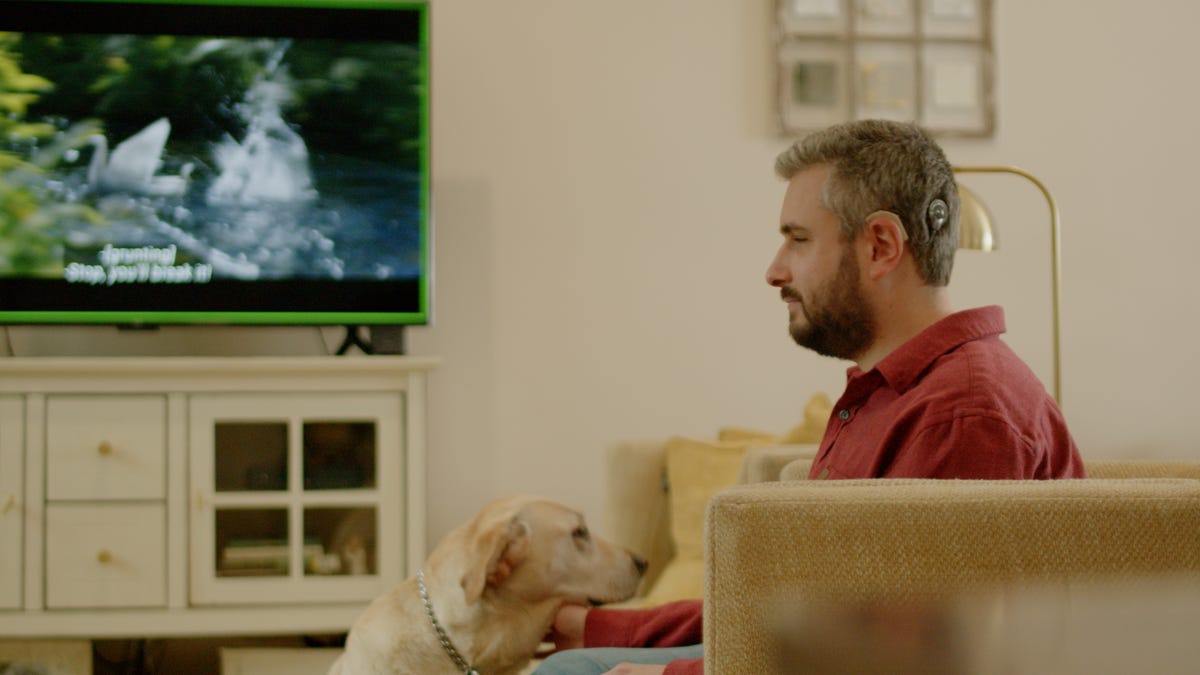
Amazon Fire TV Can Now Stream Audio Directly to Hearing Implants
Amazon Fire TV customers with hearing loss can now stream audio directly to their hearing implants, Amazon and hearing tech company Cochlear said Wednesday. This update lets cochlear implant users more easily watch TV shows and movies on their favorite streaming services and local networks via their smart TVs.
“TV is a big part of our lives; we get our news and information through television, our entertainment, sports, music,” Ryan Lopez, a director of product management and marketing at Cochlear, said in a release.
The new accessibility feature streams audio over the open-source Audio Streaming for Hearing Aids (ASHA) protocol. This allows the audio to travel via Bluetooth using lower energy.
“When we talked to audiologists and customers who used hearing aids, and other experts in the field, the majority told us that the first thing you really want if you’ve got hearing loss is to be able to hear clearly the people around you,” said Peter Korn, director of accessibility for Amazon Devices, in a release. “The second thing you want is the ability to hear the television, to enjoy entertainment.”
Through the collaboration with Cochlear, Korn’s team found a way to stream Fire TV audio straight into the implants, without being degraded by noise and echoes. They also made sure the tech would work across the distance of a living room.
Direct audio streaming from Fire TV works with Cochlear Nucleus 8, Nucleus 7, Nucleus Kanso 2 and Baha 6 Max sound processors. In addition to getting audio from streaming apps, customers can also use Alexa, listen to music and hear navigational sounds.
Compatible Fire TV devices include Fire TV Omni QLED Series, Fire TV Omni Series, Fire TV 4-Series, Fire TV Cube (3rd Gen) and Fire TV Cube (2nd Gen).
Amazon is one of many tech companies ramping up accessibility offerings. Last year, the e-commerce giant unveiled a similar feature that lets hearing aids stream audio using Fire TV. In December, it added new Alexa features to its Echo Show smart display including text-to-speech and gestures, which lets users dismiss timers by just raising their hand. It’s also one of the supporting companies for the University of Illinois’ Speech Accessibility Project, which aims to make voice recognition technology more useful for people with a range of diverse speech patterns and disabilities. The initiative is supported by Amazon, Apple, Google, Meta and Microsoft.


